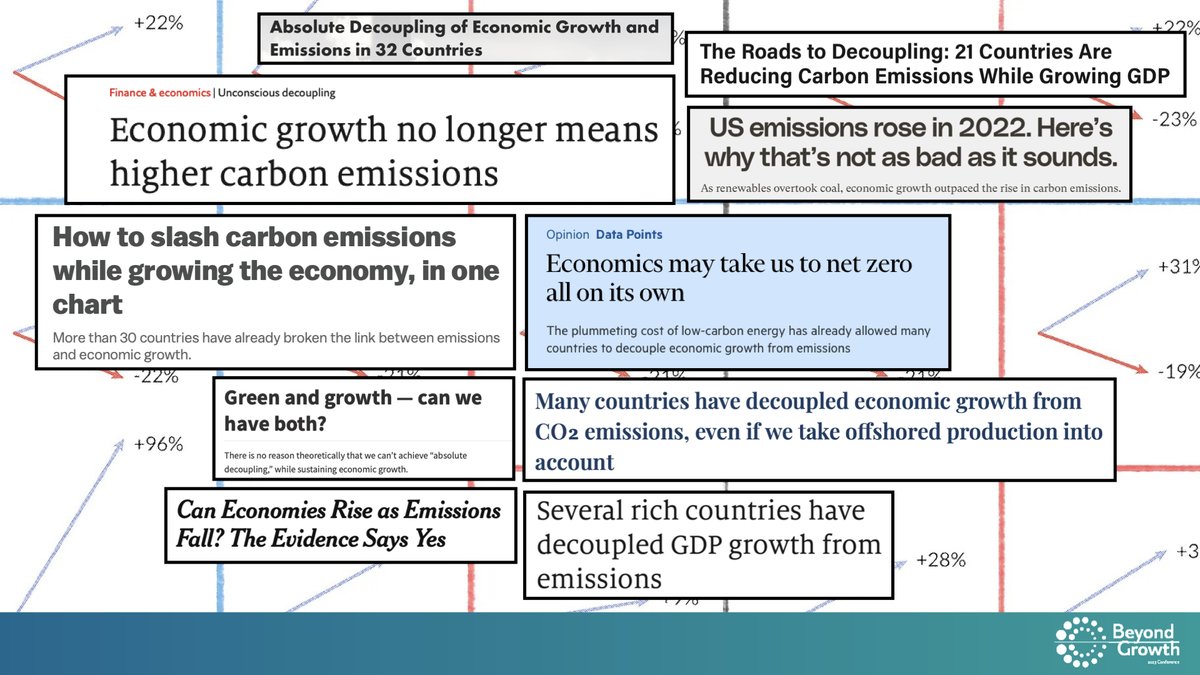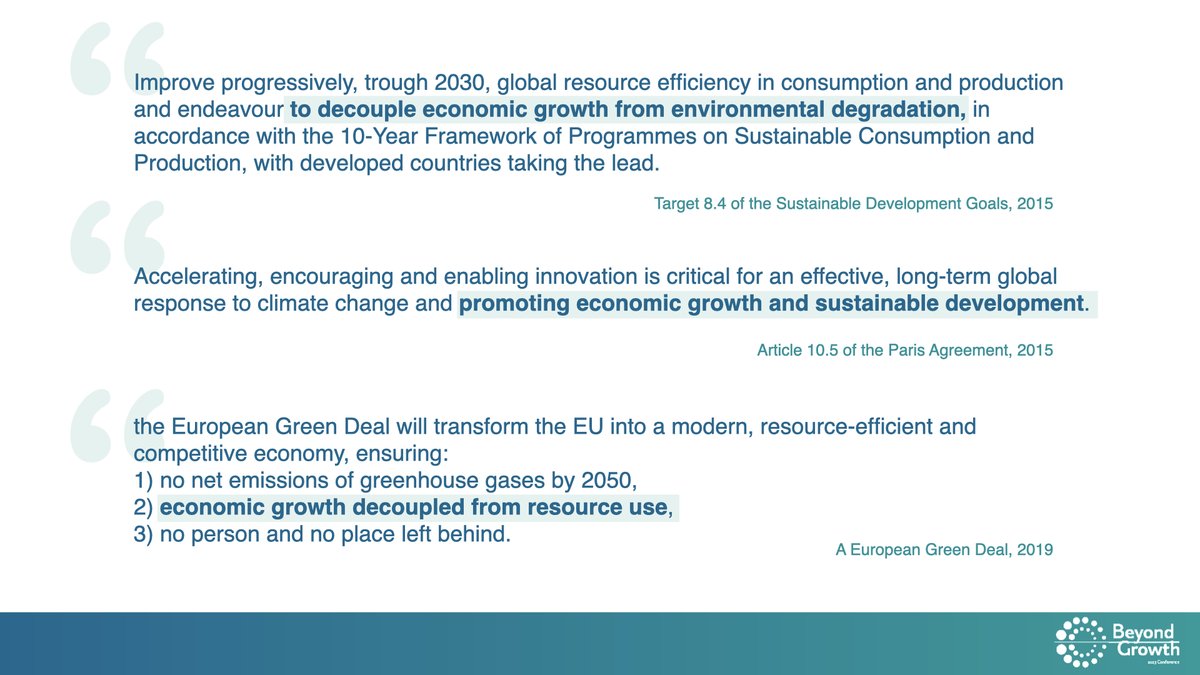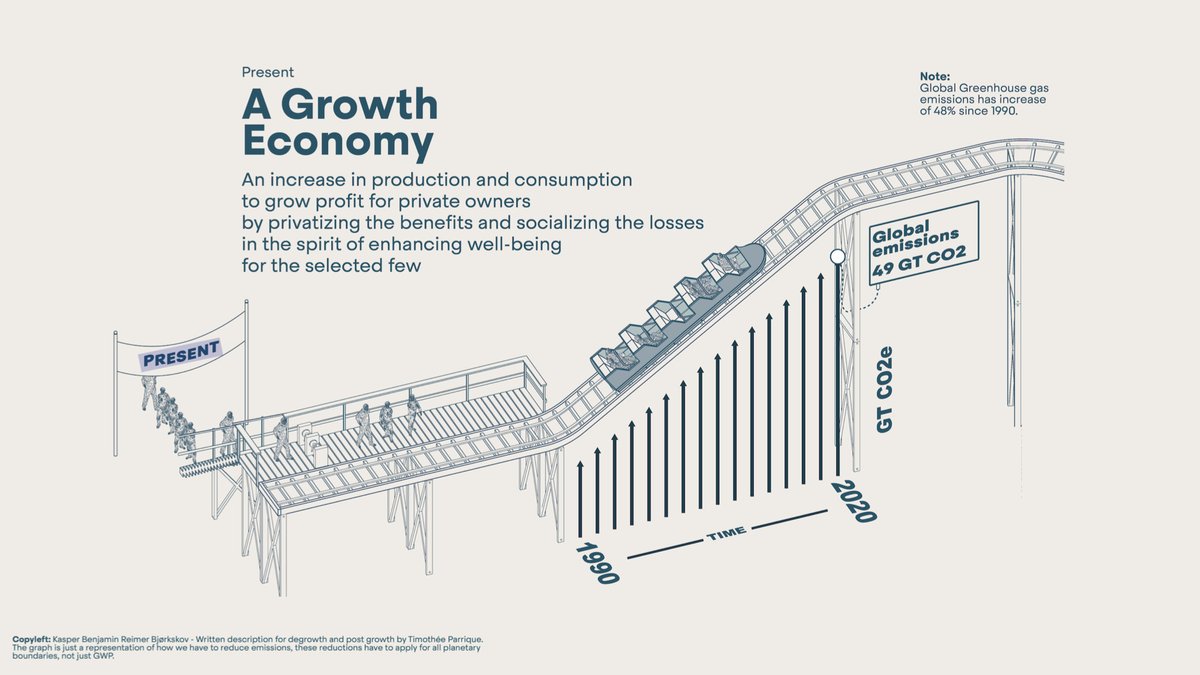Today is Black Friday, a nonsensical ritual invented by for-profit businesses for the sole sake of moneymaking. By shopping today, you are willingly enriching a small class of business-owning super-polluters who bath in ecosystem-killing profits. 

The top 10% richest humans own 76% of world wealth and generate 50% of all carbon emissions. The footprint of the world top 1% equals the one of the poorest 66% of humanity.
We are told that consuming forever more is part of human nature. Bullshit. The seemingly inescapable rat-race for positional prestige is constructed by an army of influencers, growth hackers, and ads designers. Read it again: the destruction of life on Earth is designed.
Buy more, be more, they say, even though we know that happiness through consumption is a scam. Work more to buy more, they say, which is in fact true since everything you purchase is paid in hours and minutes.
This is a tragic Ponzi scheme where you die at the end, realising that true wealth wasn’t in the bank account. This is the ultimate swindle where you realise your life has been wasted fulfilling a dream written in corporate Hollywood. Wake up.
The Good Life is not the one that maximises GDP. No one remembers who made the top-ten richest person list ten years ago. But we still remember hundred-year-old stories and symphonies; we still marvel at cathedrals and pyramids and cry for mounts and rivers.
History doesn’t give a shit about moneymaking. The fast-consumption encouraged by commercial propaganda is a fleeting distraction, one that is catastrophically costing us the habitability of the Earth.
The majority of us are emaciated on the treadmill of an elite wealth accumulation that burns the world. All these useless things we buy and these useless things we make bear the tragic loss of a life that could be so much richer if prosperity could speak its own language.
So, Fck ads. Six tiny letters to revive an electric critique of capitalist realism. Two words to empower us to dream bigger, to educate our desires for precious post-capitalist futures.
Small but beautiful. Slow yet delightful. There are radically different futures to be invented and it starts today.
• • •
Missing some Tweet in this thread? You can try to
force a refresh

 Read on Twitter
Read on Twitter



















